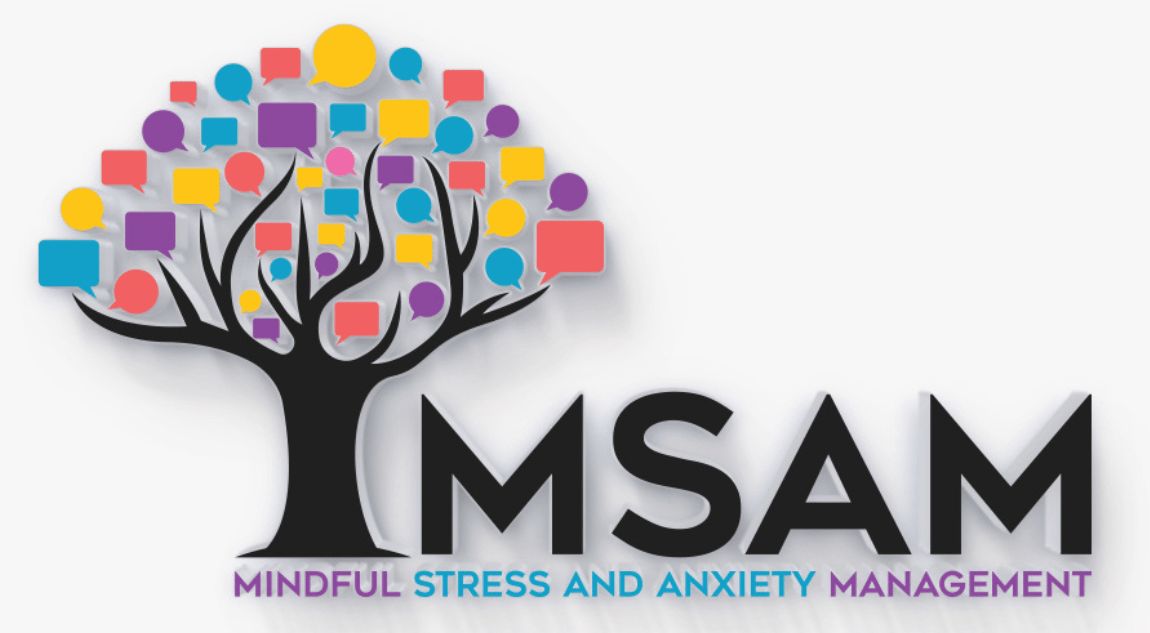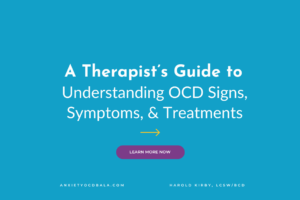Starting from the End
There are many myths and misunderstandings regarding what a mindful meditation practice is. So let’s start from the end. I’ll explain what I mean.
I have a friend who, while in music school years ago, used to practice all the wrong notes in a musical scale on his saxophone. This seemed a bit odd to me so I asked why he did this. He said, if you know the notes that don’t work well, then you are more likely to choose the ones that do work without having to hunt for them. You can express yourself musically without thinking. First he learned what the scale was not…hmm.
When I teach the mindful stress & anxiety management (MSAM) course. I notice that around the third session or so, I often have a few members talking about how frustrated they are at not being able to “empty their minds,” despite the first few weeks being replete with information about what mindfulness meditation is, and how we are not trying to block or get rid of our thoughts.
With our busy schedules and frantic lives, sometimes moving forward with the information the we think we know can actually block the moment of learning what is in front of us. (It is not really so difficult to not be mindful in a beginner’s mindfulness group). Without a little first-hand knowledge and experience it is pretty easy to remember bits and pieces of what you think mindfulness is. But what we do actually mean by mindfulness? It’s perfectly fine not to know right now, but understanding what mindfulness is not is a helpful first step towards using mindfulness meditation to manage your stress and anxiety.
So with the intention of starting our practice off in an informed way, here are some things that a mindful meditation practice is not:
- Mindfulness is not about emptying your mind of thoughts.
- Mindfulness in not a relaxation exercise (though relaxation may be a side effect).
- Mindfulness is not a religion.
- Mindfulness is not escape from pain (though with practice, you may learn to relate to your pain differently).
- Mindfulness is not about transcending ordinary life (though you may, with practice, end up enjoying everyday moments more and more)
- Mindfulness is not about becoming emotionless and unmotivated.
With these points in mind, I will talk about what mindfulness is in the next post.
With kindness,
Harold

